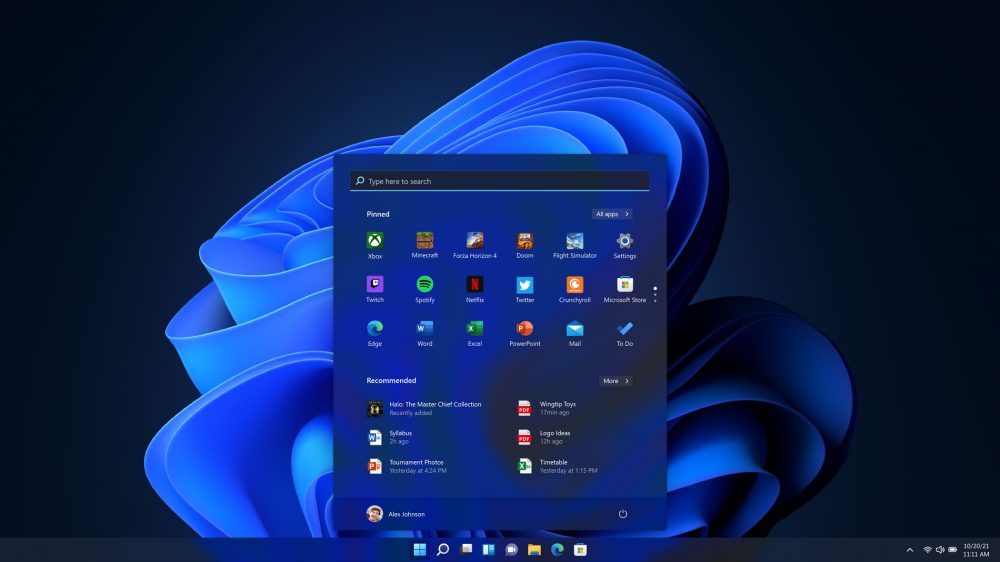
Rumors about Windows 12 have been circulating for some time with some rumors pointing toward a 2H 2024 release for the new OS. However, Microsoft confirmed in a Windows Insider blog post that Windows 11 24H2 will be the next major feature update to arrive in 2024, all but shutting down rumors of a potential Windows 12 release in the back half of 2024.
Microsoft never officially said Windows 12 was coming nor announced its existence in any way, but, there has been enough evidence to warrant speculation of a potential "Windows 12" release in 2024. Even the CEO of Qualcomm speculated that Windows 12 could be coming this year.
Microsoft's roadmap for 2024 pointed toward massive updates to Windows 11 including big pushes to get AI integrated throughout the entire OS, inciting speculation that Microsoft might package all these new features into a new version of Windows, rather than carry it on into Windows 11.
This logic comes from Microsoft's previous history with Windows 11, where it hid Windows 11's existence inside of Windows 10 right up until its launch. (Many core parts of it also came from the shelved Windows 10X). Windows 11 was originally classified as a Windows 10 feature update dubbed "Sun Valley", before being unveiled as Windows 11 in late 2021.
But now we know for a fact this will not be the case. Microsoft's latest Windows Insider blog post cites that all builds starting with the number 26 in the Canary and Dev Channels will now be identified as Windows 11 version 24H2. 4.
This doesn't change any of Microsoft's plans for 2024, all the features speculated to arrive in Windows 12 will be released under Windows 11's future 24H2 patch. 24H2 is expected to be a huge patch that will integrate AI throughout the entire OS, taking advantage of the new hardware-accelerated Neural Processing Units (or NPUs) found in all of the new "AI PCs" that were announced earlier this year.
24H2 will also be the only major feature update for Windows 11 for the entirety of 2024. Microsoft has decided to go back to an annual release cycle for Windows feature updates instead of releasing a major feature update every few months. That said, Windows 11 will still be supported with smaller feature drops known as "Moment" updates.
It's probably a good idea that Microsoft didn't go through with Windows 12 anyway. Windows 11 is still struggling to gain adoption and is still not as popular as Windows 10. Adding a third OS into the mix would fragment the Windows user base even more. Microsoft could still launch Windows 12 in the future, but it probably won't be this year.







